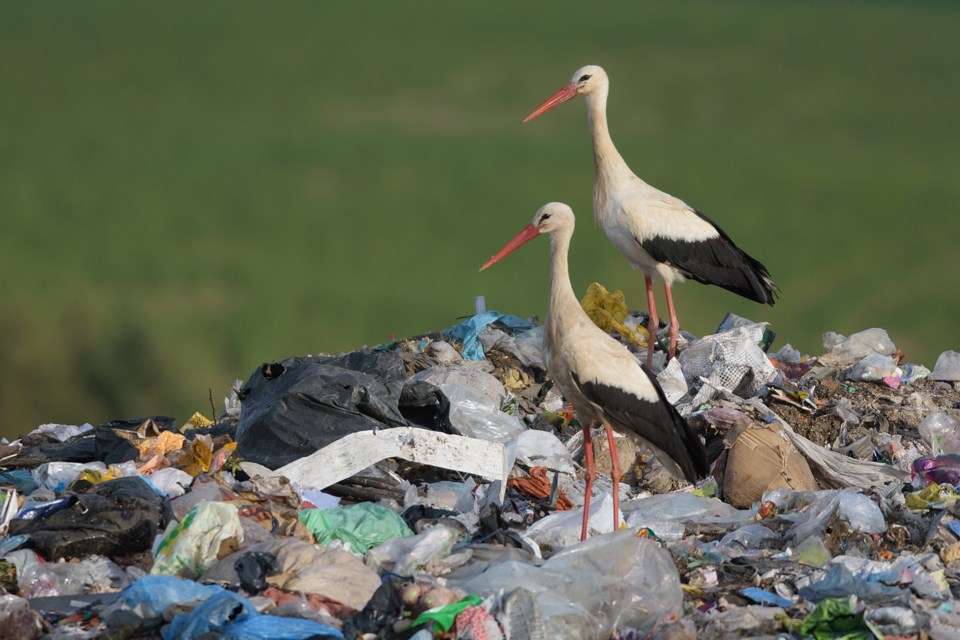If the Blue Box program is modified to force producers to pay 100 per cent of the costs of recycling in Ontario, you could see a reduction on your tax bill.
Another step in the process that could see that idea come to fruition was taken this week, when special advisor David Lindsay presented his report on recycling to the Ontario government, a mere six weeks after it was announced he would be taking on the project.
York Region provided comments to the province to address a number of municipal concerns and meet the goal of achieving zero waste in Ontario, including making producers both operationally and financially responsible for "end-of-life management" of their waste.
The Region also urged the Province to establish high targets that would force producers to implement deposit return programs to augment the Blue Box program.
“Reducing waste across our communities will require bold steps and a collective effort from all levels of government and private sectors,” said York CEO Wayne Emmerson in a news release.
In late 2016, Ontario proclaimed the Waste Free Ontario Act, comprising the Resource Recovery and Circular Economy Act and the Waste Diversion Transition Act.
At the heart of the legislation was the idea that producers should be responsible for the end-of-life management of their products and packaging.
Minister of the Environment, Conservation and Parks Jeff Yurek set out the province’s motivations behind hiring Lindsay in a news release Monday.
“It's clear that Ontario's current Blue Box program is unsustainable. Recycling rates have been stalled for 15 years and up to 30 per cent of what is put into blue boxes is sent to landfill,” Yurek said.
“Over 240 municipalities have their own separate lists of accepted recyclable materials, which affects cost savings and contamination, and program costs are expected to increase by approximately $10 million per year after 2019,” he added. “There is also the serious problem of plastic pollution and litter increasingly plaguing our parks, roads and waterways.”
Under the current Blue Box program, producers are responsible for shouldering about half the cost of recycling across the province.
According to the release, the province’s goal is to make producers 100 per cent responsible for managing the plastic and other packaging they produce.
Municipalities in Ontario are currently paying about $130 million per year for blue box recycling, which comes directly from the taxpayers' pockets — a cost that continues to increase annually.
— With files from staff

